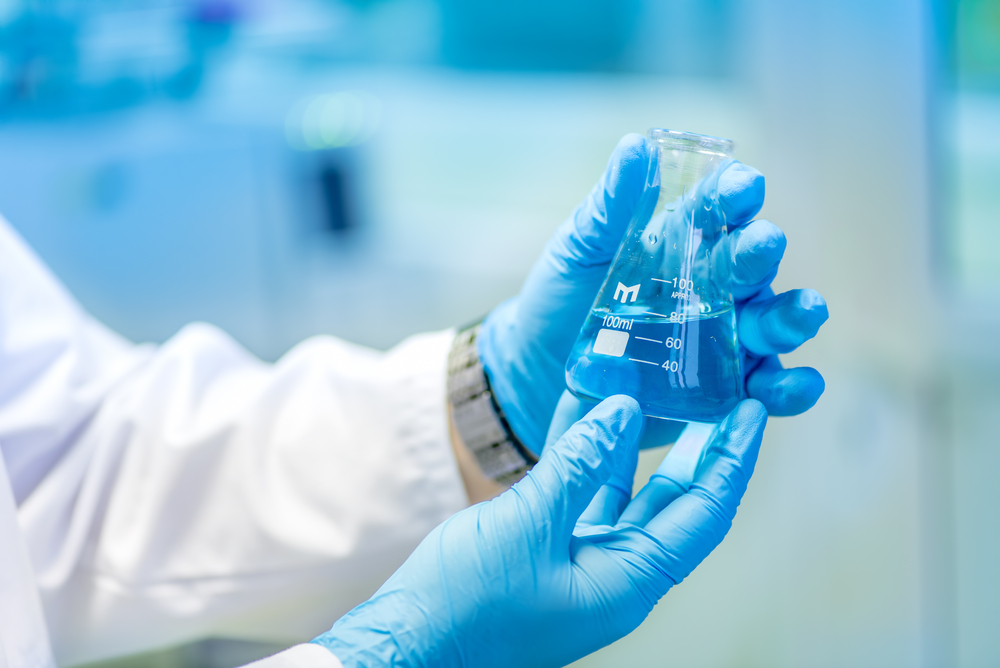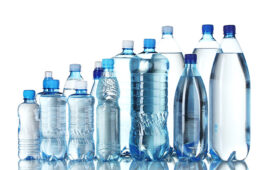
A team from the Massachusetts General Hospital has created a new way to maintain water and water-based solutions in a liquid state for long periods at very low temperatures.
The team discovered that by sealing the surface of a one-milliliter water sample with a hydrocarbon-based oil they could suppress ice formation at temperatures as low as -13 degrees Celsius for about a week.
To expand the study, they then used more complex oils with pure simple hydrocarbons like alcohols and alkanes to keep the one-milliliter samples of water and cell suspensions supercooled at -10 degrees Celsius for 100 days and a 100-milliliter sample for a week.
The new supercooling method was also used to preserve red blood cells, which are usually stored at 4 degrees Celsius for as long as 42 days. However, recent studies have shown that red blood cells lose quality at that temperature after about two weeks and irreversible cellular injury occurs after 28 days.
In preliminary experiments, the team found that the new approach could safely preserve up 100 milliliters of red-blood-cell suspensions at -13 degrees Celsius for as long as 100 days.
“We currently are conducting experiments to increase the volume of red blood cell storage samples up to the more clinically relevant 300 to 500 ml range,” O. Berk Usta, PhD, of the MGH-CEM, co-corresponding author of the report, said in a statement. “We also are working on applying this method to other cells and on translating it to large tissues and whole organs like the liver.
“Along with potential applications in medicine and food preservation, we also believe this invention could be used to study chemical reactions in the liquid state at low temperatures without the usual costly and complicated high-pressure equipment.”
Supercooling has only previously been achieved for brief periods at extremely small volumes or by using expensive high-pressure equipment, which could possible damage tissues or other biological materials.
Reducing the temperature of any biological material—such as cold storage of perishable foods and organs for transplantation—slows down metabolic and other reactions.
However, supercooling can extend the metabolic deceleration further without the damage caused by ice crystallization.
The researchers are confident they can scale it up to the point where it could be used for safe and extended preservation of blood cells, tissues and organs and to better preserve food.
“Water and other aqueous solutions in the sorts of volumes we deal with every day normally freeze when cooled below the freezing point of 0 degrees C or 32 degrees F,” Usta said. “Our approach, which we dubbed ‘deep supercooling,’ is simply to cover the surface of such a liquid with a solution that does not mix with water, like mineral oil, to block the interface between water and air, which is the major site of crystallization.
“This surprisingly simple, practical and low-cost approach to supercooling solutions for extended periods can enable many medical and food preservation methods, as well as fundamental experiments that were not previously possible,” he added.
The study was published in Nature Communications.



